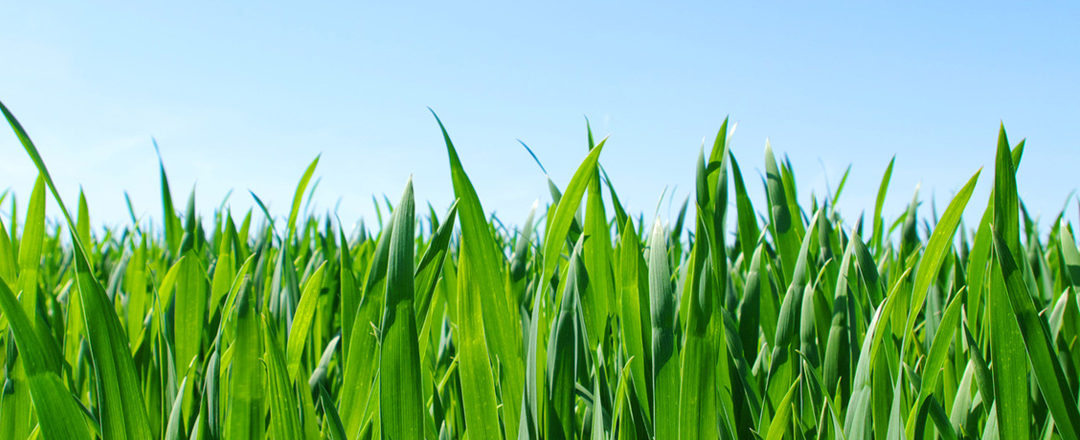Both gypsum and lime are important to lawn care as they improve the soil in your lawn, but do so in different ways. Gypsum has been used to reduce soil compaction, improve soil structure, increase air movement, and prevent reduce water run-off. It also has the ability to dislodge salt in the soil and this may be the most useful of all because of the damaging effects salt has on lawns and plant materials in the landscape.
 In the winter when rock salt or other ice-melting chemicals are used, they inevitably gets into the lawn, whether spread by a salt truck or piled on the lawn by a snowplow. Although the rock salt is often essential to winter safety, it is very damaging on lawns and plants.
In the winter when rock salt or other ice-melting chemicals are used, they inevitably gets into the lawn, whether spread by a salt truck or piled on the lawn by a snowplow. Although the rock salt is often essential to winter safety, it is very damaging on lawns and plants.
When excessive salt gets into the lawn, the salt damages the soil by displacing other key elements needed by the lawn. The use of gypsum allows the salt to leach away into the sub-soils below the roots of the lawn, rendering it harmless. Heavy watering is required in these areas to aid in the leaching process.
For established lawns, the best results are found when gypsum is applied after a lawn aeration. The aerator removes small plugs of soil from your lawn, creating holes about the size of your small finger. If the gypsum is applied directly after the aeration it enters those holes and has direct contact with the soil in those holes. Applying gypsum as a surface application is less effective.
Pure gypsum is a natural mineral that does not affect the pH of the soil nor does it add or detract from the existing minerals already found in your soil. Gypsum has no plant nutrients, such as nitrogen, so there is no chance of plant damage when using it.
It is also safe for pets and workers can handle the product without gloves or masks. In fact, pet urine on the lawn plagues many homeowners. Not only is pet urine detrimental to the health of your grass, it can also give-off an offensive odor. Fortunately, there is a solution. Gypsum, is a non-toxic, natural neutralizer that is safe for humans, pets, soil, plants and your grass. Gypsum neutralizes the mineral salts in pet urine, resolving odors and preventing lawn damage.
Gypsum may be applied any time of year and, depending on the needs of your particular lawn, we may apply it two to three times a year.


